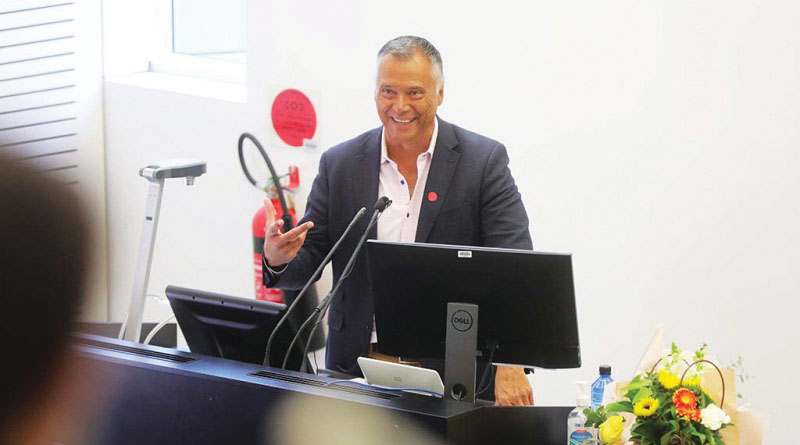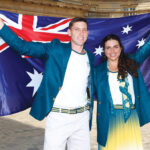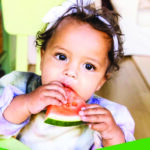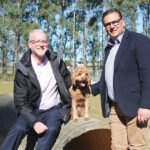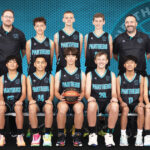Esteemed journalist and Wiradjuri and Kamilaroi man, Stan Grant, has supported discussions around how to bolster the representation of Aboriginal and Torres Strait Islanders in the Western Sydney Local Health District (WSLHD).
Amid a panel chat facilitated by Stan the WSLHD launched its Aboriginal Workforce Plan on 27 June 2022.
Stan said discussions like these are critical because “if you don’t hear the voices, if you don’t know who you’re talking to, you can’t possibly devise a strategy to meet their needs.
“It’s about building an overall relationship with the communities and creating opportunities for people to enter into the workforce, stay in the organisations and to have those pathways to feel integrated,” he said.
The panel included WSLHD’s Belinda Cashman, acting district director, Aboriginal Health Strategy, Aboriginal Executive Unit; Andrew Fraser, Aboriginal workforce coordinator; Graeme Loy, chief executive; Ryan Kondek, Aboriginal mental health liaison officer; and Louise Maclean, speech pathologist.
Graeme Loy said increasing the number of Aboriginal and Torres Strait Islanders employed in the district is “important to do because when our workplace meets appropriate representation, we can better meet the needs of our patients and staff.”
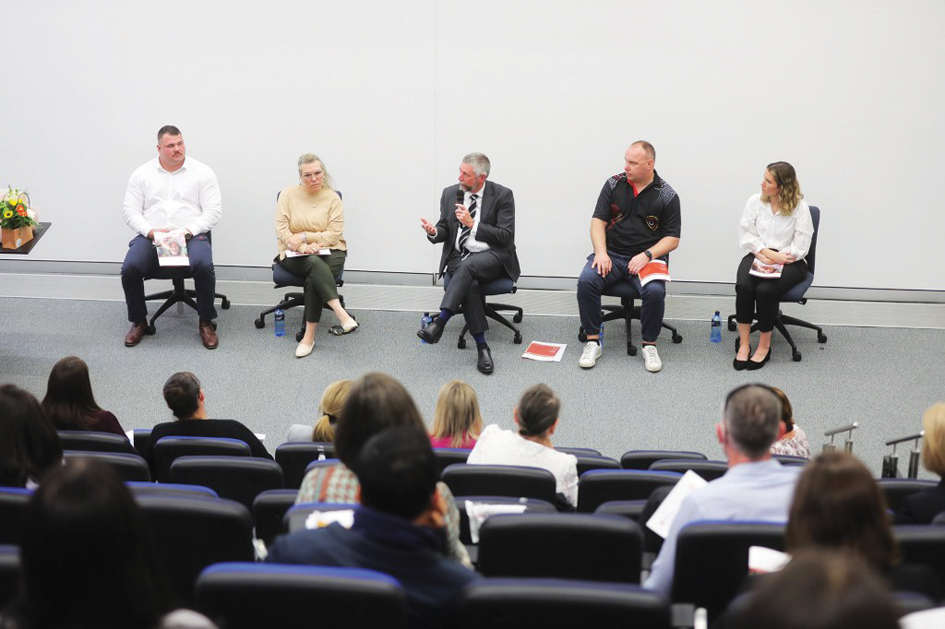
He also stressed the need to create “a welcoming environment for patients in our Aboriginal communities to automatically feel safe.”
Stan led the independent discussion and made the point that everything we’re talking about now in Australia is on trying to build stronger futures and realigning relationships to acknowledge the fact that there is great hurt.
“There is a lack of trust and there’s suspicion, sometimes even hostility, because of the legacies of our history,” Stan explained.
Carol Muthunesan, WSLHD Aboriginal care facilitator, said the discussion is “really important because we need more Aboriginal people working in designated roles and getting people trained so we can help Aboriginal people achieve their dreams.”
Elka Tinker, WSLHD Aboriginal health population trainee, added that the challenge “is always straddling two worlds and the more we can help non-indigenous people understand where we’re coming from, by adopting deep listening to help bridge the gap, the communication between two groups will be more open and trusting.”
Lynette Mieni, WSLHD Aboriginal health practitioner, shared this sentiment saying “it’s extremely vital to get the communication channels up and running to ensure the information that’s given is clear and concise so that everybody is on the same page.”
Stan believes the two most important matters for any organisation to consider are “trust and being valued” and encourages others to “challenge themselves, their ideas and preconceptions to become more culturally aware of and more able to understand other people’s world views”.

